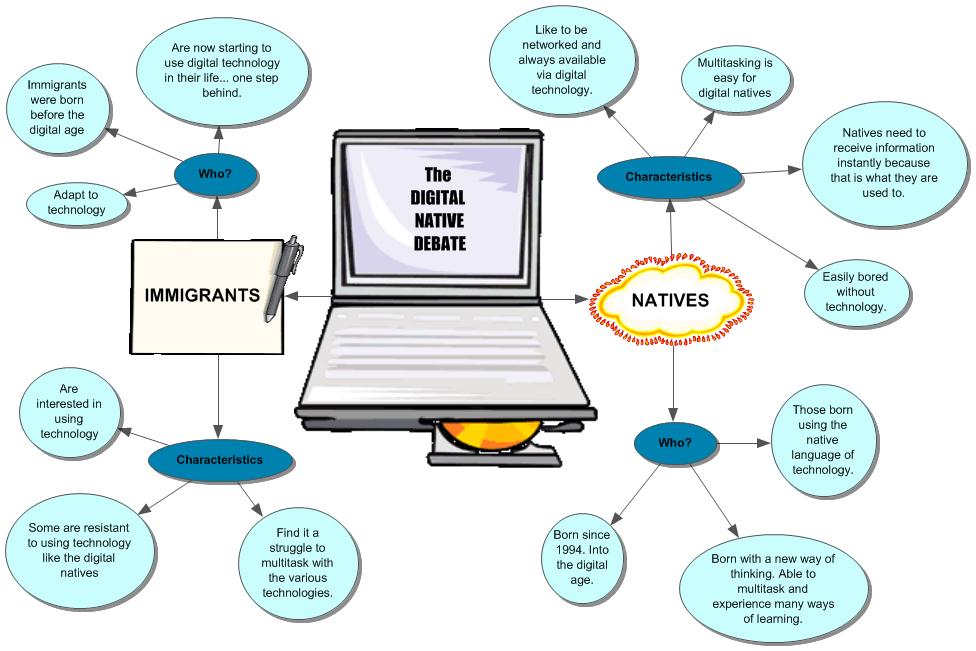Digital Novices
Digital novices tend to have minimal digital contact with end-users but understand the mandate to change.
Characteristics include legacy systems unable to support valuable online engagements, teams, with limited skills and experience working on digital initiatives and frequently an unwillingness to find outside expertise to help build a business case and convince companies to move faster.
Ultimately, digital novices are still deciding where digital transformation fits into their organizations.
Organizations at this stage are commonly trying to provide consistent experiences across channels and devices, offer something personalized (rather than generic) to customers, and use data to cross-sell relevant services to existing customers.
Companies should work with partners who bring well-established processes to facilitate innovative thinking to jump-start digital innovation programs. Gaining traction and support across an organization involves engaging all company departments and garnering crucial insights from customers.
Performing a competitive experience assessment can help focus digital initiatives by plotting your companies’ digital customer experiences against its competitors. This creates a clear picture of how to increase appeal and relevance to current and prospective customers.
From there, digital novices can decide how to rationalize application portfolios to best support future digital strategies across multiple channels.
Digitally Capable
Digitally capable companies incorporate data analysis into their business workflows to provide insights for decisions around additional digital investment.
Digital initiatives have not yet become a major corporate focus for these organizations, and team skills are typically limited to knowledge related to the business’ core product. Additionally, companies in this category work with partners to identify innovative concepts that can deliver valuable results.
Digitally capable organizations focus on putting into practice digital visions with company-wide support. They build on early successes to institutionalize “digital” and create a roadmap of best-practice digital product development and innovation.
Omnichannel customer experience assessments, which analyze successes and failures across channels with brutal honesty, help these companies build on initial momentum and creates a clear picture of where to focus time and money.
Digitally capable companies engage internal business stakeholders and customer representatives in the innovation process to surface key insights and mobilize crucial support for getting digital initiatives moving and out to the world. If this route isn’t producing ideas, engage partners who challenge company thinking, incorporate ideas from other industries, and ask companies to explain the logic behind certain practices that only an external perspective will see are clearly not working.
From here, companies must get in the mindset of making innovation habitual.
A crucial factor to compete and win in the digital economy is to embed data analytics and impartial customer research into business processes and company technology. This helps prove what works in the real world and delivers insights into how best to improve the appeal and reach of products.
Mature Digital Innovators
These are the companies that have aligned digital to their strategic business objectives for long-term success. They regularly review customer data to track progress against their goals. Companies at this stage derive insights and create modern digital experiences to address customer needs while improving their digital transformation roadmap and their team trained on the latest technologies. 
Mature digital innovators undoubtedly have ambitious targets for the value digital technologies will deliver to their companies. To maintain this leadership role, they must consider capitalizing on first-to-market opportunities that excite customers with innovative use of technology and utilize these same customers as co-collaborators. Digital innovators continuously enable and leverage new technologies to generate additional business value.
Understanding your company’s level of digital innovation is an important first step to ensuring success in the digital economy.
Once you know where your organization might be falling short, it’s time to make changes: hire new employees to challenge thinking, provide insights on strategy and technology. You might also enlist a consultant or strategic partner to help your organization shift towards digital maturity.
And for those mature digital innovators, remember: innovation and change never stops if you intend to remain a leader.






















